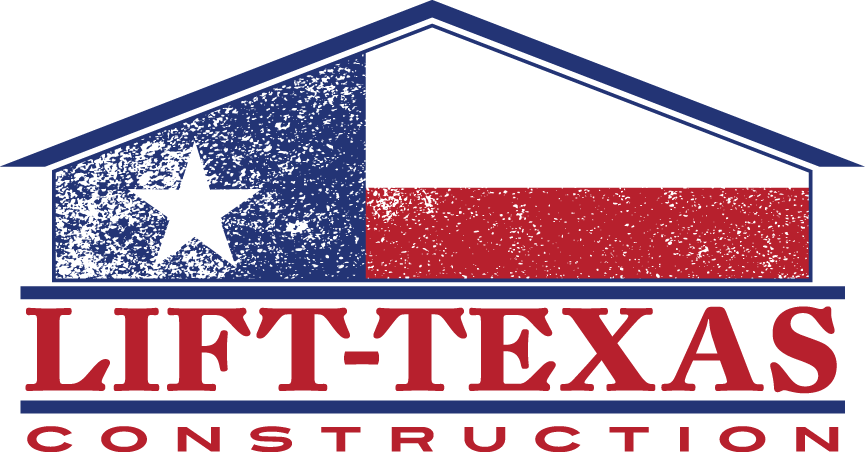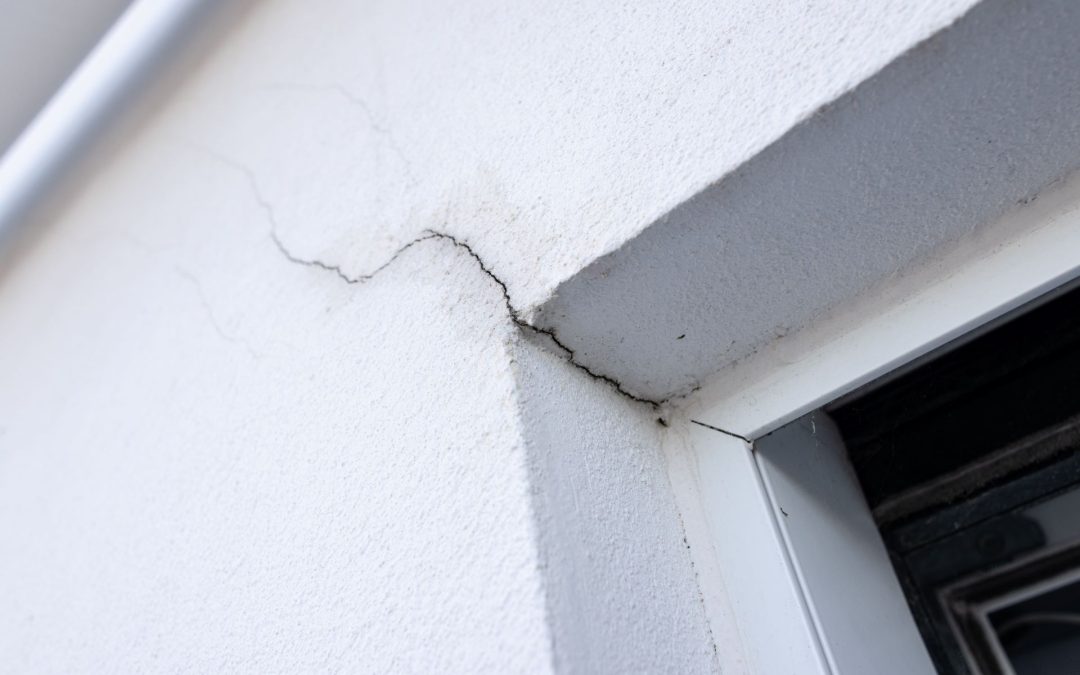Understanding how weather impacts your foundation is crucial for keeping your home safe and secure. Weather changes, like heavy rain, drought, and freezing temperatures, can significantly affect the health of your foundation. When these changes occur, knowing what signs to look for and how to protect your home from potential damage is vital.
Weather-related foundation issues can lead to serious problems if not addressed promptly. For instance, too much water from rain can make the soil under your foundation swell, causing cracks. On the other hand, extremely dry weather can make the soil shrink, which can also lead to foundation damage. Knowing how different weather conditions impact your foundation can help you take the necessary steps to prevent severe damage.
Protecting your foundation from the effects of fluctuating weather conditions involves regular maintenance and quick action when problems arise. Simple steps, like ensuring proper drainage around your home or adding insulation, can make a big difference. However, there are times when the help of professionals is needed to fix weather-related foundation problems.
Understanding How Weather Impacts Your Foundation
Weather plays a significant role in the health of your foundation. Different weather conditions can cause the soil around your home to expand or contract, leading to shifting and settling. For example, heavy rain can saturate the ground, making the soil swell and push against the foundation walls. This pressure can cause cracks and weaken the structure. During dry periods, the soil can shrink, creating gaps that allow the foundation to settle unevenly.
Seasonal changes also have a big impact. In the winter, freezing temperatures can cause the water in the soil to freeze and expand, which exerts pressure on the foundation. This cycle of freezing and thawing can lead to cracks and other issues. Conversely, hot summer weather can dry out the soil, leading to problems similar to those experienced during droughts. Understanding how weather affects your foundation is the first step in preventing and addressing related issues.
Common Weather-Related Foundation Issues
Weather-related foundation problems typically fall into a few categories. One of the most common issues is cracking. Cracks can appear in the walls, floors, or the foundation itself. These cracks can let water and pests into your home, leading to further damage. Another issue is settling. When the soil under your foundation shifts due to changes in moisture levels, the foundation can settle unevenly, causing doors and windows to stick or gaps to form around them.
Another common problem is heaving, which occurs when the soil expands and pushes up against the foundation. This is often due to excessive rain or poor drainage around the property. Additionally, erosion from heavy rains can wash away the soil that supports your foundation, leading to instability. Recognizing these common issues helps homeowners take action before the problems become severe and more expensive to fix.
Financial Benefits of Maintaining Property Value
Keeping your foundation in good shape has more benefits than just preventing damage. One important benefit is maintaining the value of your property. When potential buyers see a well-maintained home, they are more likely to pay a higher price. A house with foundation problems, on the other hand, can be a big turn-off. They may worry about the cost and hassle of future repairs.
Another financial benefit comes when you need to refinance your mortgage or take out a home equity line of credit. Lenders often require an inspection to make sure the property is secure. If your foundation is in good condition, it can lead to more favorable loan terms. Letting foundation issues go unchecked can drastically reduce your home’s market value, making regular maintenance a smart financial decision.
Ways to Identify Foundation Problems Early
Early detection of foundation issues can save you from bigger problems later on. One sign of trouble is cracks in your walls and floors. Even small cracks can hint at bigger underlying issues. You should also watch for uneven floors. If you notice your floors slanting or feel like you’re walking uphill, it’s time to get your foundation checked.
Doors and windows that stick can also signal foundation problems. If they suddenly become hard to open or close, this could mean the foundation is shifting. Another sign is gaps appearing between walls and the ceiling or floor. Regularly inspecting your home for these signs can help you catch problems early, making repairs easier and less expensive.
Conclusion
Maintaining your foundation is essential for both the safety and value of your home. Ignoring potential issues can lead to significant hidden costs and major structural damage. Quickly addressing these problems can save you money and stress, keeping your home secure and comfortable. Early identification and timely repairs are critical aspects of proper foundation maintenance.
At Lift-Texas Construction, we specialize in ensuring your foundation is in top condition. If you suspect any foundation issues, don’t wait until it’s too late. Contact us today to schedule an inspection and foundation repair service. We’re here to help keep your property safe and valuable for years to come.

